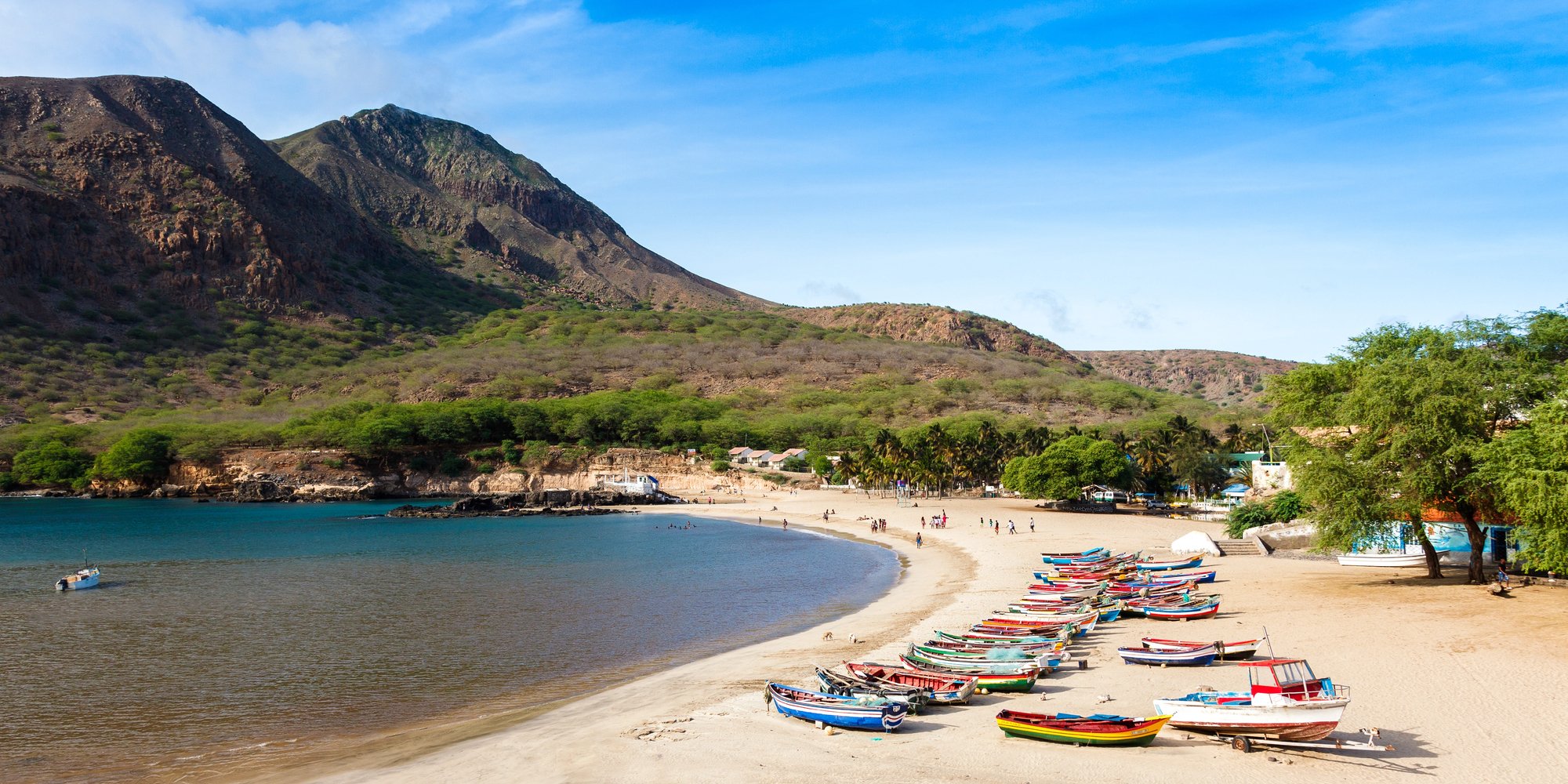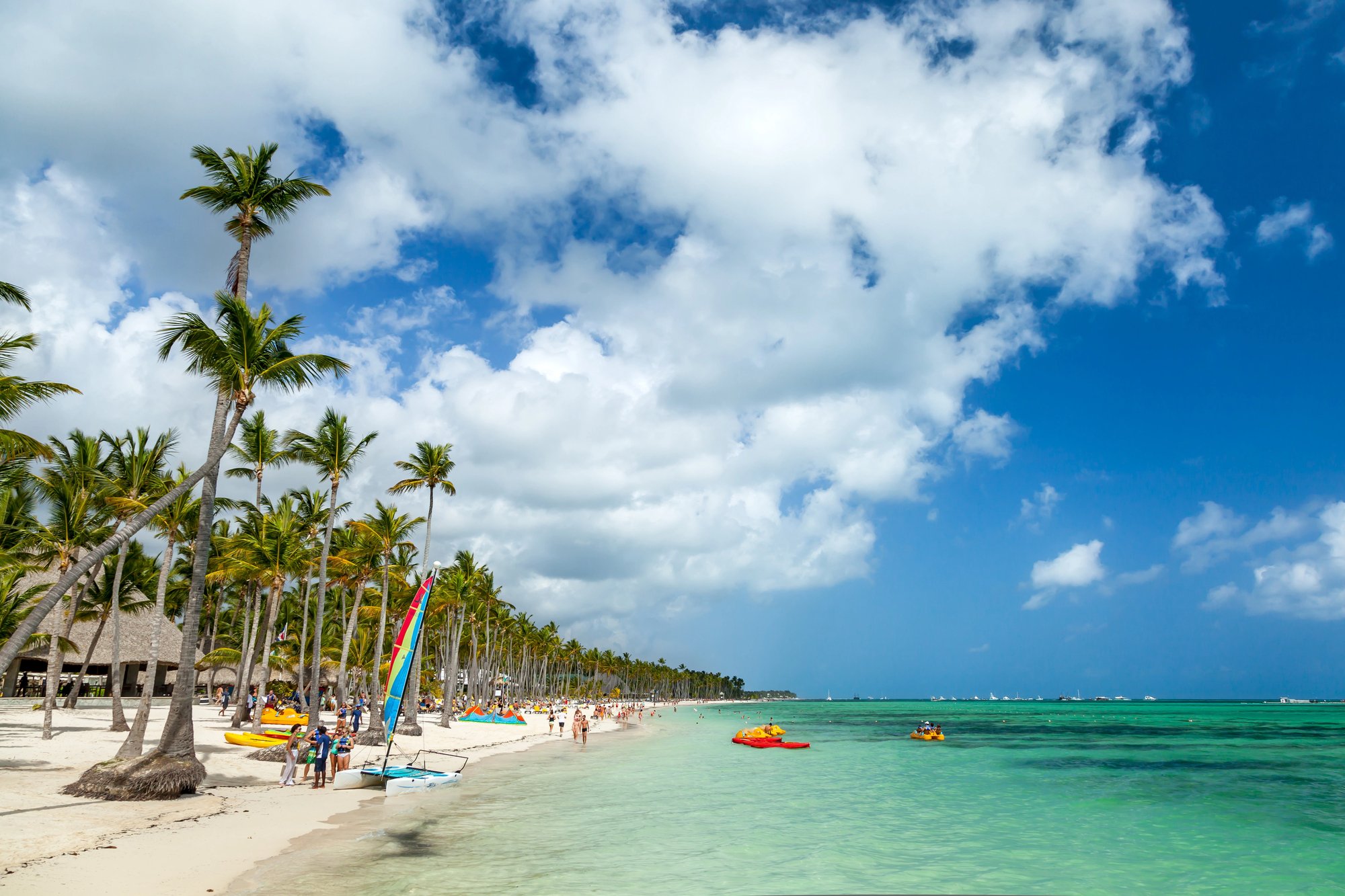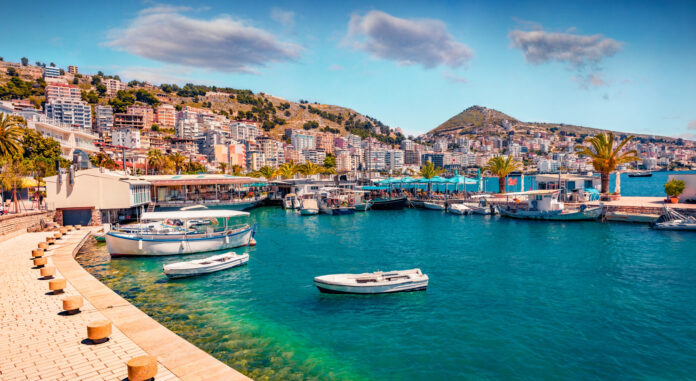Although summer tourist season is still in full swing in Portugal, many Portuguese families are already planning their next trips, and, increasingly, they are going abroad.
Recent data show that Portuguese residents are traveling abroad in record numbers, with the appetite for foreign destinations continuing to rise despite higher prices. In fact, travel agencies have reported a 30 percent increase in bookings for the year-end holidays compared to 2024. While Portugal itself continues to enjoy strong domestic tourism, with the Portuguese still making up 30% of the domestic market, many families are looking further afield when planning their holidays.
Why More Portuguese Are Traveling Abroad
There are several reasons for this growth in outbound travel for the Portuguese. One is the simple fact that travel has become a cultural priority. As Pedro Costa Ferreira, president of the Portuguese Association of Travel and Tourism Agencies (APAVT), recently noted, once basic needs are met, the Portuguese increasingly turn to travel as their next great ambition.
Another factor is economic. The Euro has remained strong against many currencies, which stretches the purchasing power of Portuguese tourists in destinations outside the eurozone. That strength makes trips to countries such as Thailand, Morocco, or even Japan relatively more affordable than they might be for visitors from weaker-currency nations. Japan, in particular, has been a popular destination, after the yen weakened considerably in 2022.
Finally, there is the pull of post-pandemic wanderlust. After years of restrictions, Portuguese travelers are eager to indulge in experiences they may have put off, whether that means a luxury escape to Dubai, a Caribbean cruise, or a family Christmas in Brazil.
The Rise of Luxury Travel
One of the most striking trends in 2025 is the rise of luxury travel among Portuguese tourists. High-end trips to destinations such as Dubai, Japan, and Thailand are increasingly popular. While the average Portuguese family may still opt for a sunny week in Cabo Verde or a charter package to Tunisia, those with greater disposable income are splurging on long-haul adventures or once-in-a-lifetime experiences.
Ferreira points out that this mirrors wider consumption patterns in Portugal: luxury dining, high-end housing, and premium experiences are growing faster than the mainstream market. While increasing wealth inequality may play a role, the reality is that all segments of Portuguese society are showing an increased appetite for travel. Even households with more modest incomes are finding ways to travel abroad, often through competitive travel packages or promotional discounts.
The Usual Favorites – Brazil, Cabo Verde, Madeira, and the Azores
When it comes to familiar favorites, Brazil remains at the top of the list. Shared language and cultural ties make it a natural choice, especially for families visiting relatives or hoping to soak up the energy of Rio and São Paulo. The Brazilian coast offers sun and samba, while the Amazon and Iguaçu Falls cater to those looking for adventure.
Cabo Verde is another strong contender. Its beaches and Creole culture offer both an exotic escape and hospitality, all within a relatively short flight from Lisbon. Likewise, Madeira and the Azores, though technically Portuguese territory, function as holidays abroad for mainland Portugal residents by offering subtropical weather, exotic landscapes, and excellent value.

Short-Haul Adventures – North Africa and the Mediterranean
For families wanting a quick escape without breaking the budget, North Africa and the Mediterranean remain attractive. Tunisia and Egypt, with their mix of culture and beach time, have surged in popularity. Morocco has also become a favorite with short, affordable flights, excellent food, and the allure of Marrakech’s souks or Essaouira’s coastal charm.
Within Europe, Italy, Croatia, and Albania are the top choices for the Portuguese. Affordable travel packages and expanding flight routes mean that Croatia and Albania are no longer considered niche. Albania, in particular, has been described as the “new Croatia,” with pristine beaches, low prices, and a sense of discovery that appeals to younger travelers.

The Caribbean Dream
For long-haul getaways, the Caribbean continues to be a top winter escape for Portuguese families. Flights to the Dominican Republic, Mexico, and Cuba remain popular and all-inclusive packages that appeal to both families and couples remain popular. The mix of guaranteed sunshine, crystal-clear water, and affordable prices explains why the Caribbean consistently appeals to the Portuguese.

Why Not the United States?
One notable shift, however, is the decline in Portuguese tourism to the United States. Historically, destinations like New York, Miami, and Orlando have been popular with Portuguese visitors, but fewer Portuguese are making the trip today.

You may already be able to guess a major reason for this. Despite a stronger Euro compared the US dollar, the stories of visitors to the US encountering immigration issues, including being detained in immigration centers for hours or even days, has made international travelers around the world skittish. Even though tourists are not the primary targets of such enforcement, the general atmosphere of suspicion and the possibility of intrusive questioning at airports have scared many travelers away.
At the same time, Portuguese tourists can often enjoy better value in destinations where the Euro stretches further. Spending two weeks in Thailand, with luxury accommodation and dining, can cost the same or even less than a shorter stay in the U.S. This difference in cost is not lost on travelers comparing their options.
Who Is Traveling and When?
The profile of the Portuguese holidaymaker is also changing. Families with school-age children tend to travel in summer, while New Year’s escapes are more common among couples, child-free travelers, or parents whose children are grown. These shorter breaks, often around the holiday season, are becoming a hallmark of a wealthier and more flexible demographic.
Interestingly, many of those traveling abroad at year’s end are the same families who already took summer vacations abroad. The dual-holiday trend suggests a growing confidence in household budgets and an increasing prioritization of travel as a lifestyle choice.
Rising Prices but Strong Demand
One of the most surprising aspects of this surge is that it comes despite rising prices. The global travel industry is grappling with higher costs such as airfare, hotels, and even staff shortages that push up package prices. However, none of this has slowed Portuguese demand. On the contrary, agencies report record bookings and, in some cases, year-on-year growth of 15 percent in revenue.
Promotional deals and an expanded range of destinations have helped balance things out. In some cases, travelers find that a package to Tunisia or Albania is cheaper than a domestic holiday in the Algarve. That reality makes it difficult to say that Portuguese tourists are abandoning their own country. Rather, they are simply broadening their horizons and being more financially savvy.
A Culture of Exploration
Ultimately, the record-breaking surge in foreign travel reflects a cultural shift in Portugal. Once known for being a country of emigrants who left for work, Portugal is now becoming a nation of explorers by choice. Travel has become a marker of success, a way to connect with global culture, and, for many, an expression of freedom.
From luxury shopping in Dubai to salsa dancing in Cuba, Portuguese travelers are embracing a wider world than ever before. And, with a strong Euro, expanding flight options, and a hunger for new experiences, the trend shows no signs of slowing down.


